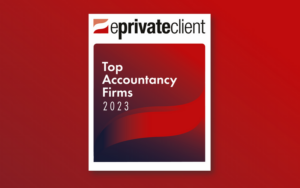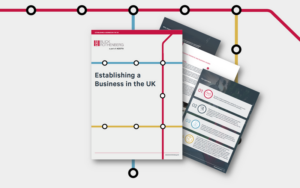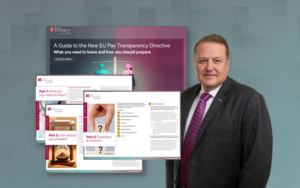Our latest news & insights
Latest news & insights

AI is a support for businesses but not a solution

Labour’s plans won’t scratch the surface of the tax gap
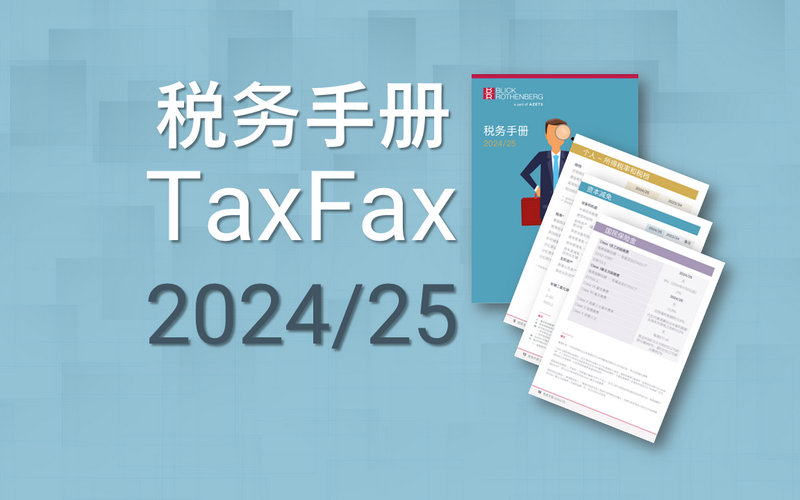
TaxFax 2024/25 – Mandarin – 税务手册

New year – new pension
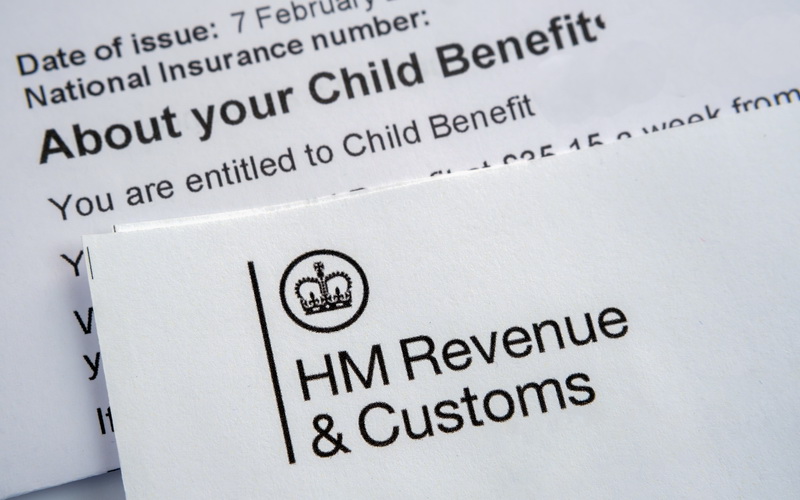
Taxpayers with eligible children should pro-actively register for child benefit

Workers who are paid weekly could face a 2023-2024 tax liability

Global Talent 24 – A Spotlight on the Life Sciences sector

International Secondment Programme – Part Four

HMRC’s Phone Line U-Turn Solves Nothing

Help a worthy cause to reduce your tax bill

Use your tax-free allowances before the tax year ends


